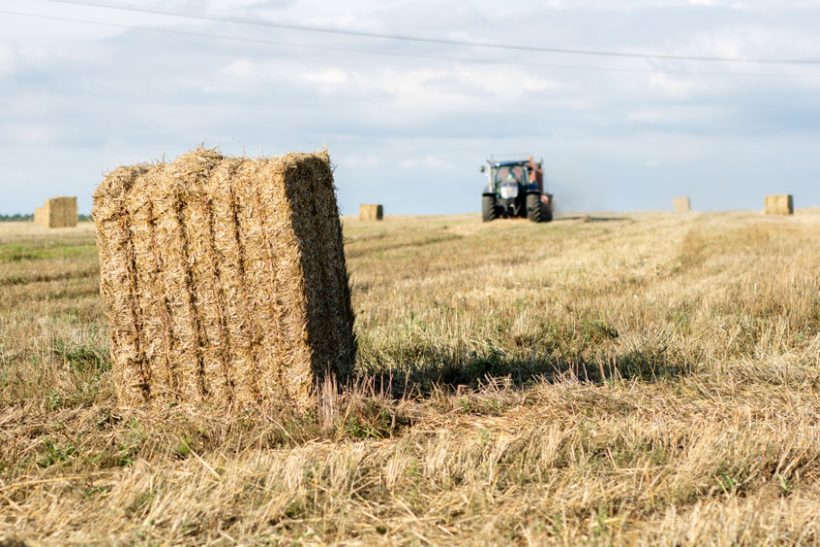
A new campaign aiming to help farming businesses recognise the signs of work-related stress and make tackling issues routine has been launched.
Poor mental health at work is becoming a health and safety crisis for Britain’s workplaces, the Health and Safety Executive (HSE) warned on Tuesday (16 November).
While the full impact of the Covid-19 pandemic is yet to be fully understood, mental health issues are the number one reason given for sick days in the UK.
Last year more than 17 million working days were lost as a result of stress, anxiety, or depression, according to the regulator.
A recent survey by the charity Mind suggests that two in five employees’ mental health had worsened during the pandemic.
Within the farming industry, over a third of farmers and farm workers in England and Wales were recently classed as 'probably or possibly depressed' by charity RABI.
It questioned more than 15,000 workers as part of its Big Farming Survey, putting a spotlight on the state of farmers' mental health during these unprecedented times.
It showed that over one third (36%) of the farming community were 'probably or possibly depressed', and over half of women in the sector (58%) said they experienced mild, moderate or severe anxiety.
In response to the figures, the HSE's new campaign ‘Working Minds’ will help farming businesses recognise the signs of work-related stress and make tackling issues routine.
While it is specifically targeting six million workers in small businesses, the safety watchdog is calling for a culture change in workplaces, to ensure psychological risks are treated the same as physical ones.
HSE’s chief executive Sarah Albon said: “Work-related stress and poor mental health should be treated with the same significance as risks of poor physical health and injury.
"In terms of the affect it has on workers, significant and long-term stress can limit performance and impact personal lives.
“No worker should suffer in silence and if we don’t act now to improve workers’ mental health, this could evolve into a health and safety crisis.
“The pandemic has highlighted the need to protect the health of employees who have faced unprecedented challenges; the government is committed to building back better and we want to make sure good mental health is central to this.”
No matter where people work, HSE said employers had a legal duty to assess the risks in the workplace, not just in terms of potential hazards and physical safety.
They should also promote good working practices, the regulator said, adding that this promoted an open environment where employees could share their concerns and discuss options to ease pressures.
Ms Albon added: “Our campaign is focused on giving employers a clear reminder of their duties while championing reducing work-related stress and promoting good mental health at work.”
HSE has partnered with a number of organisations to highlight the triggers of stress, including the Farm Safety Foundation, known as Yellow Wellies.
A recent study by the rural charity found that mental health issues among farmers were of growing concern, and had a direct impact on safety.
A vast majority (88%) of farmers under the age of 40 rated poor mental health as the biggest hidden problem faced by farmers today, up from 82% in 2018.
Meanwhile, 89% of young farmers believed that talking about mental health in farming would remove any stigma attached to it - an increase of 9% in the past two years.
